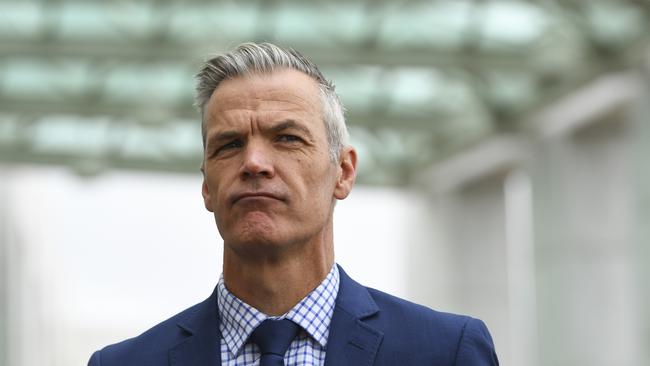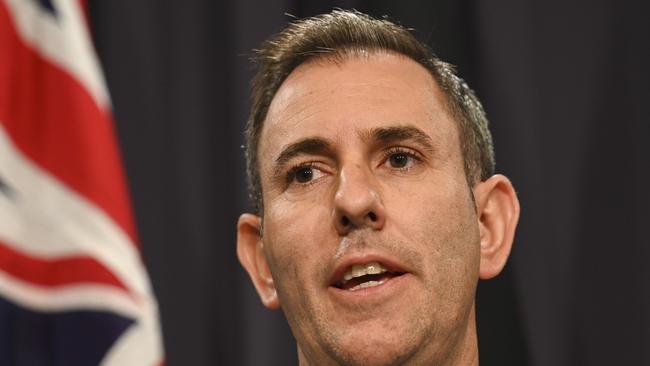Fears regional spending could be axed in Federal budget
Farm leaders are imploring the Albanese government to leave regional funding alone as major federal budget cuts loom.
Alarm bells are sounding across regional Australia after funding cuts to key Commonwealth infrastructure spending programs were flagged ahead of May’s federal budget.
Meanwhile, farm leaders have implored the Albanese government to keep its treasury Razor Gang away from agriculture funding as it attempts to achieve a balance between responding to the economic dilemma facing the community and trying to repair the budget.
Treasurer Jim Chalmers this week said the budget would prioritise cost-of-living relief, growing the economy and ensuring Australia was “more resilient to international shocks”.
Mr Chalmers has been meeting with the states about changing infrastructure fiscal strategy amid news the Andrews government has halted two major rail projects due to budget pressures.
The situation has fuelled stakeholder and local council concerns that Mr Chalmers may cut or defer parts of the $3.25 billion Local Roads and Community Infrastructure program spend as increased defence, health and aged care funding priorities place greater strain on government spending.

However, National Farmers Federation chief executive officer Tony Mahar said that while “this is a budget where almost anything could be on the chopping block” the government must spare regional funding following significant cuts in last October’s budget.
He said “it would be a huge shame” should programs that help deliver employment, attract young people to agriculture and facilitate international engagement be discontinued.
“These programs are fundamental to the domestic and global success of farming,” he said.
Mr Mahar said the farm sector was a powerhouse in the Australian economy, contributing a record $90 billion output this financial year alone.
“But with escalating biosecurity risks, broken transport networks hindering produce being able to leave farms, a glaring workforce shortage and markets squeezing farmers, now is not the time to put agriculture on the chopping block,” he said.

Mr Chalmers has just returned from a short visit to Washington DC where he met with global financial leaders to discuss “complex and confronting” global conditions, as Deloitte predicts forecast growth will plunge to its weakest point – outside the pandemic – since the 1990s recession.
Meanwhile, Agriculture Minister Murray Watt continues to send positive signals about sustainable, long-term biosecurity funding.
However, Nationals leader David Littleproud believes increased funding to complement the biosecurity cost-recovery model could be rare good news for agriculture on budget night in predicting that funding will be redirected from regional Australia to metropolitan areas.
He said it was time for “an honest national conversation” about regional infrastructure funding.
“We must make sure the regions don’t have to be begging for their share every time there is a new government, be it Labor or the Coalition,” he said.
“The needs of rural Australia should be met with continuity rather than these big pendulum swings. If there are quarantined dollars set aside not just for maintenance but new infrastructure in regional areas every year then it forces discipline and prioritisation of regional infrastructure.
“What happens now, especially with road funding, is that states give priority to how it is spent … which are invariably their own electoral priorities.”
A spokeswoman for Infrastructure, Transport, Regional Development and Local Government Minister Catherine King said the department had an ongoing commitment from Treasury of $110m each year for the Black Spot Program.
Despite the news that it will not be targeted for cuts, it is unknown if the funding envelope will be increased in next month’s federal budget for the program designed to support safety measures at locations where multiple “serious traffic crashes have occurred, or are considered to be at risk of occurring”.
She also said scheduling remained in place for councils to be able to access $750m worth of phase 4 LRCI allocations from July this year, with projects to be delivered by mid-2025.
The $750m includes $250m added to the fund by the Albanese Government last year specifically for rural, regional and remote areas.



